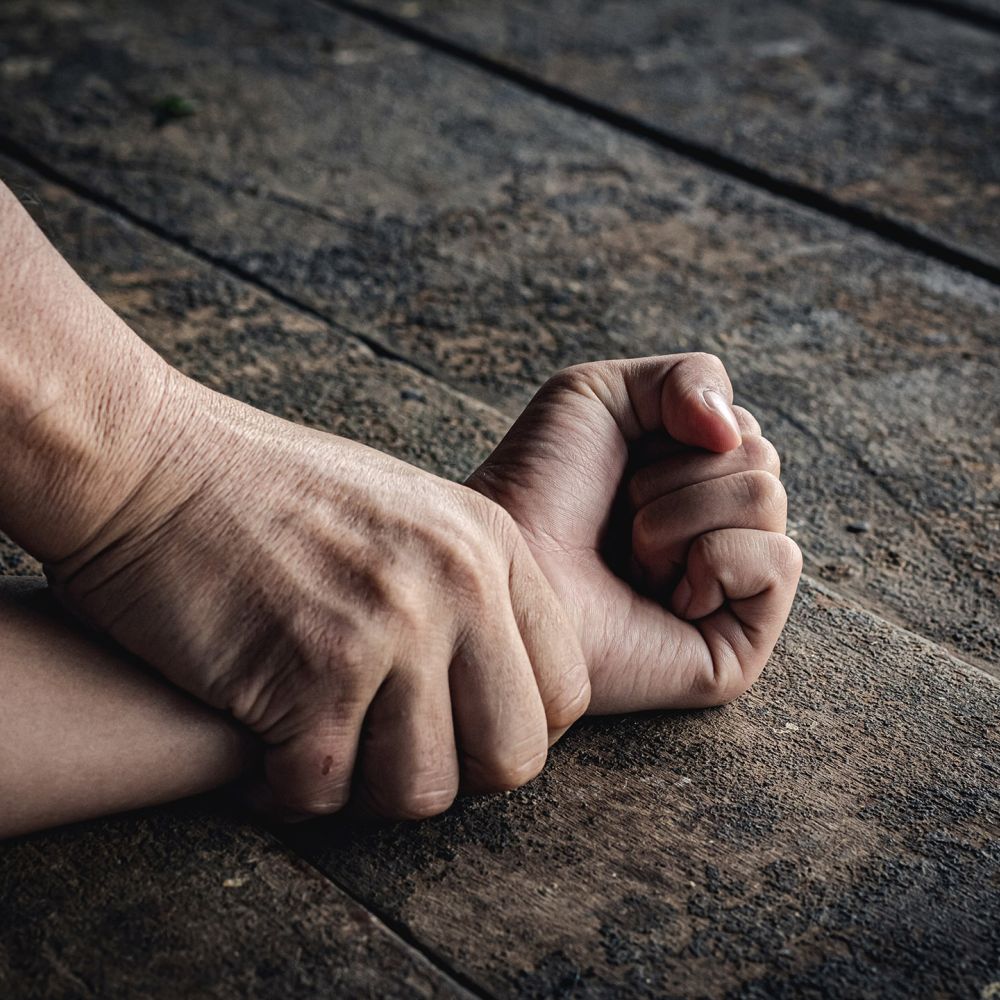
Domestic Violence
Sexual Assault
In addition to criminal charges, Alabama law provides a civil remedy to prevent continued domestic abuse. This type of case is called a Protection from Abuse case, or "PFA."
PFAs may be available to victims of abuse who have certain relationships with their abusers. Petitions are available online or at the office of the Circuit Clerk of the county in which you wish to file.
PFAs are free to file, and emergency relief can be requested. If emergency relief is granted, a temporary, or ex parte PFA will be entered against the abuser until the case is heard in Court.
Relief available in a PFA may include: a.) preventing the abuser from abusing, threatening to abuse, contacting, or coming near a victim, temporary possession of a home, temporary custody of common children, possession of personal effects or automobiles the victim may have left behind, and temporary spousal or child support.
If you are sexually assaulted by a current or former intimate partner or spouse, you may qualify for protection under Alabama's Protection form Abuse Act (Ala. Code 35-1-1, et.seq.).
Visit One Place Family Justice Center at 530 S. Lawrence Street, Montgomery, Alabama to receive assistance.

Child Abuse
Child abuse law designates most responsibility for investigating and addressing child abuse to law enforcement and the Department of Human Resources.
While Protection from Abuse Orders may be available to child victims, if the abuser is a parent or legal guardian, the petitioner must show direct evidence or eyewitness testimony for the PFA to be granted.
If the Department of Human Resources is investigating a claim of child abuse, it is important to follow any recommendations made by D.H.R. to protect the child. These could include separating yourself and your child from the abuser by moving out, pursuing a PFA, limiting contact with the abuser, or seeking counseling, among other recommendations.
While child abuse is relevant in custody determinations, Courts expect evidence of the abuse to be presented. This evidence could be recordings, photos, statements by the abuser, evidence of criminal charges or convictions, and findings by the Department of Human Resources related to an abuse claim.
In any civil case, you are at an advantage when consulting with or being represented by a competent attorney. If you cannot afford an attorney, visit One Place Family Justice Center to be evaluated for civil legal representation.

Elder Abuse
Elder Abuse Protection actions (E.A.P.O.) are designed to prevent abuse of individuals over 60 years old.
The victim may petition for an E.A.P.O. or if the victim is physically or mentally unable to file a petitioner, someone else may file the petition on the victim's behalf. The petition is available online, in your local Circuit Clerk's office or visit One Place Family Justice and ask for the Elder Abuse Victim Service Officer.
Elder Abuse encompasses a wide range of behaviors, including restraining or isolating the victim, refusing to provide food or water, financial manipulation or fraud, and threats of physical harm, in addition to physical abuse.
In the vent that the victim is unable to care for him or herself due to mental incapacity, a petition for guardian ship in the Probate Court may be appropriate. This process is complicated, and anyone seeking to obtain a guardianship over another person should consult an attorney.
The Elder Abuse Protection Toolkit contains much more detailed information on this topic.
To be proactive on this issue, ensure that you have appropriate documents in place to govern your affairs in the event you become incapacitated. These may include a Power of Attorney, advanced directive for healthcare (living will), and a will.
If you or someone you love is a victim of elder abuse, first report it to law enforcement, then consult an attorney about additional civil legal options. If you cannot afford an attorney, visit One Place Family Justice Center, ask for the Elder Abuse Victim Service Officer, to be evaluated for civil legal assistance.
For more information,
download the Elder Abuse Protection Toolkit
